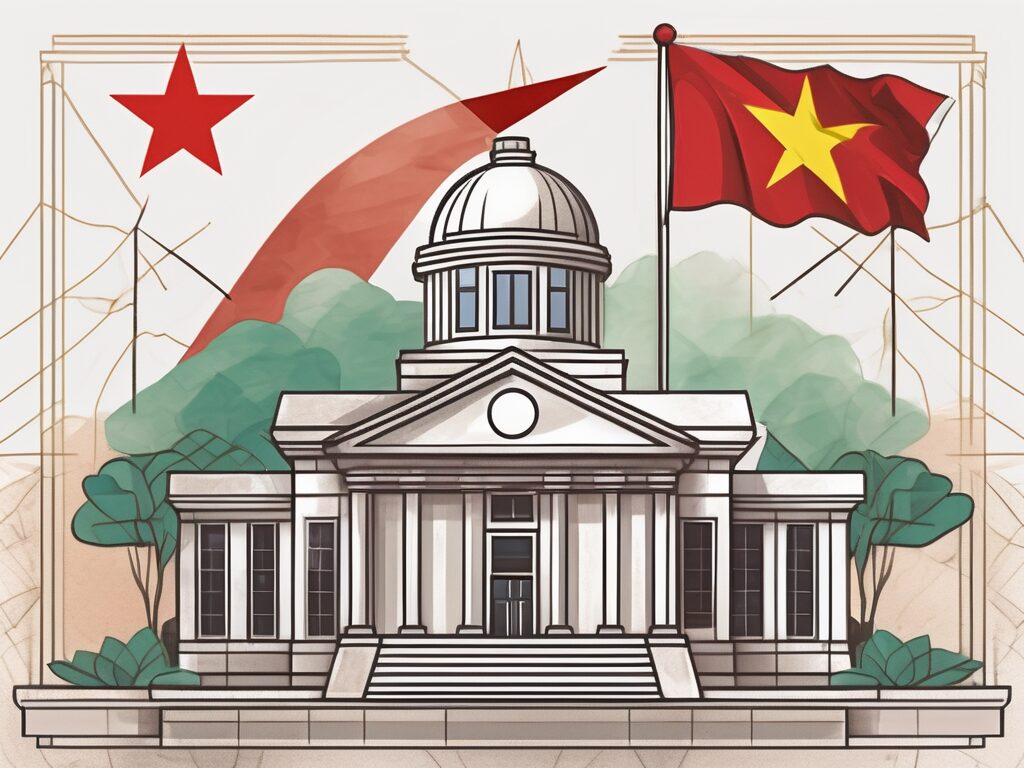Key Government Policies Transforming Vietnam’s Education System
The educational framework in Vietnam has experienced substantial transformations over the years, primarily driven by government policies. These policies have been pivotal in defining the educational landscape, encompassing all levels from primary education to higher learning. This guide will explore the significant government policies that have profoundly influenced education in Vietnam and their implications for the country’s educational development.
The Doi Moi Policy: A Catalyst for Change
Initiated in 1986, the Doi Moi policy represents a critical juncture in Vietnam’s educational evolution. This policy, which translates to ‘renovation’, sought to transition the economy from a centrally planned model to a market-oriented framework. This economic transformation has had far-reaching effects on the education sector.
Key outcomes of the Doi Moi policy include:
- Decentralisation of the Education System: Authority was shifted from the central government to local entities, allowing for tailored educational strategies that address regional needs.
- Introduction of Private Schools: The emergence of private educational institutions fostered competition, leading to enhancements in educational quality and diversity.
The Education Law of 2005: Promoting Equity
The Education Law of 2005 stands as another pivotal policy aimed at ensuring equitable access to education for all citizens, irrespective of socio-economic backgrounds.
Key provisions of the Education Law of 2005 include:
- Free Primary Education: This initiative has significantly boosted enrolment rates in primary education across Vietnam.
- Focus on Vocational Training: Recognizing the importance of practical skills, the law emphasizes vocational training, thereby aligning educational outcomes with labor market demands.
The Higher Education Reform Agenda (HERA): Enhancing Quality and Accountability
Launched in 2005, the Higher Education Reform Agenda (HERA) aims to revamp the higher education sector in Vietnam, emphasizing institutional autonomy and accountability.
Key features of HERA include:
- University Rankings: The introduction of performance-based rankings encourages institutions to enhance their research output and teaching quality.
- Performance-Based Funding: Funding allocation is now linked to institutional performance rather than mere enrolment figures, promoting a focus on educational quality.
Conclusion: The Path Forward
Government policies have been instrumental in shaping Vietnam’s educational framework. From the Doi Moi policy to the Education Law of 2005 and the Higher Education Reform Agenda, these initiatives have catalyzed significant advancements in the educational sector.
Despite notable progress, challenges persist. Ensuring equitable access to quality education for all remains a critical issue. However, with ongoing policy reforms and strategic investments in education, Vietnam is poised to achieve its educational objectives.
Enhance Your Educational Career with IPGCE
As Vietnam continues to advance its educational system through innovative policies, the demand for qualified educators with a robust understanding of global educational practices is increasing. IPGCE is dedicated to supporting educators in Vietnam and beyond in navigating these demands and overcoming stringent qualification barriers. By enrolling in the UK’s premier Teacher Training Course, you can elevate your qualifications, engage with a global professional network, and gain essential insights into international curricula. Seize the opportunity for career advancement, improved salary prospects, and a flexible study schedule that accommodates your professional commitments. Do not allow insufficient credentials to hinder your potential. Join the International Postgraduate Certificate in Education (iPGCE) today and contribute to the educational transformation in Vietnam and globally.

